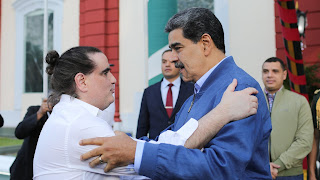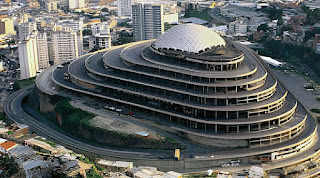Prisoners as Bargaining Chips: A Looming Danger for All

The recent release of Alex Saab, identified as the top money launderer for Venezuela's dictator Nicolás Maduro, has sparked concerns about the direction of U.S. rescue diplomacy. This trend, marked by often opaque agreements and the exchange of high-profile individuals, raises serious concerns about international security and the integrity of the justice system. Set against the backdrop of the Barbados Agreement, where the Biden administration and the Maduro regime engaged in negotiations, controversies have emerged. While aimed at lifting sanctions in exchange for concessions from the Venezuelan regime, recent terms have stirred confusion and mistrust among Venezuelan society. The emerging pattern of exchanges, such as the release of Saab and the prior release of Maduro's nephews in exchange for American prisoners, signals a dangerous precedent. This is exacerbated by the recent release agreement between the U.S. and Iran, where a U.S. prisoner was traded for unlocking subst...






